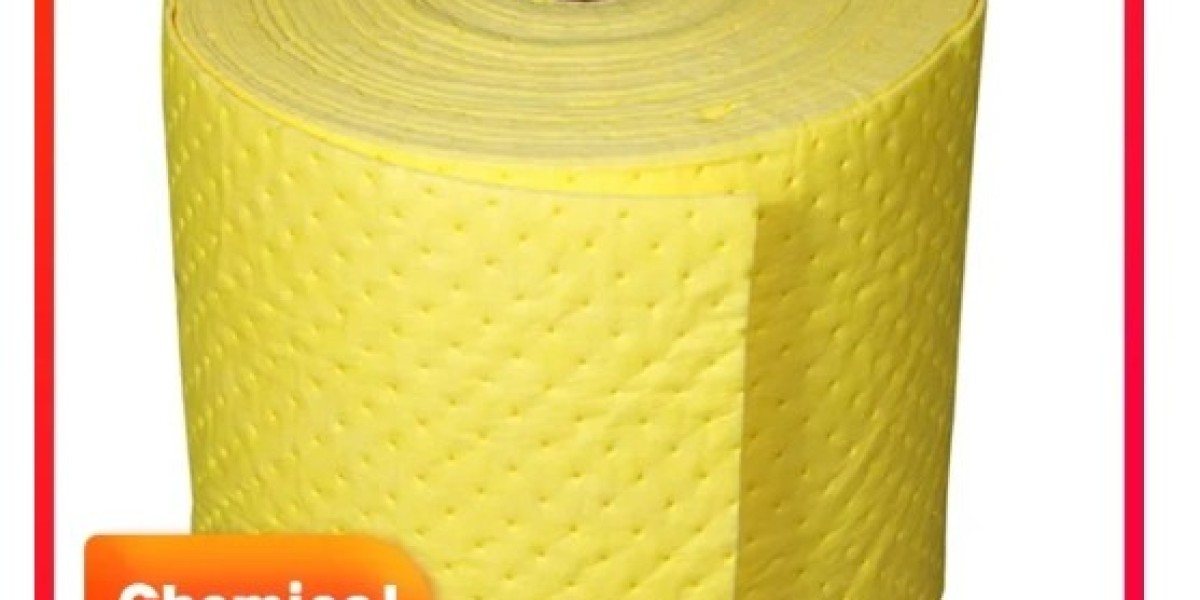
Biodiesel is a roadway and off roadway legal option to fossil/mineral diesel and red diesel. It has much of the characteristics of typical mineral diesel, but is usually made from veggie oils.
Running any diesel motor on grease is not a new concept. The original diesel engine first shown in 1895 by Rudolph Diesel was developed to operate on veggie oil.Biodiesel has actually been available for lots of years as a mainstream fuel in the major lorry production nations such as Germany, the USA and throughout Europe.
By producing biodiesel we are also recycling which benefits the environment.
You may be amazed to discover that far from being an inferior, home produced fuel, biodiesel is better for your car engine and the environment than fossil based fuels such as gas and routine forecourt diesel.
Fuel prices are rising progressively all the time and with greater and unforeseeable prices at the pumps, many individuals are turning to either making biodiesel or acquiring it currently made from a supplier.
With the previous option, making biodiesel securely should be a top priority. With the latter, discovering a biodiesel supplier near adequate to end up being affordable can frequently prove tough, and of course this is a more expensive alternative.
The Savings
By making biodiesel at home it ought to be possible to produce your alternative fuel from waste grease prepared to enter you tank at a fraction of the cost of forecourt fuel. If you pick to utilize brand-new oil the cost savings are not as amazing but you will still see a substantial saving on forecourt diesel pump rates.
Kinds Of Vegetable Fuel
There are three alternatives to consider when using grease, nevertheless we would only suggest alternative 3 - home produced biodiesel.
Grease is around five times more thick or thicker than routine diesel. A diesel motor would need to be modified to deal with this increased viscosity to guarantee the oil flows easily through the fuel system and into the combustion chamber.
This can be accomplished either by preheating therefore thinning the oil before it enters the injectors, or by setting up a double tank system where the car is operated on regular diesel till warm and then switched to biodiesel.
Another problem can be that oil has different chemical homes and combustion attributes from the fuel that a lot of diesel motors are created to utilize. In more recent vehicles with exact tuning systems this can cause problems. In addition to this there is the expense of the conversion and warranty issues to think about.
Blending
Grease can be blended with other fuels or solvents to lower its viscosity.
When blending grease with forecourt diesel this need to be restricted to 20% oil to 80% diesel.

This technique is not an excellent environmental choice as it still involves utilizing a fossil based fuel.
Some people have experimented with solvents such as white spirit or paint thinner. This is not recommended because performance and the long-lasting result on engine wear are both unknown amounts.









